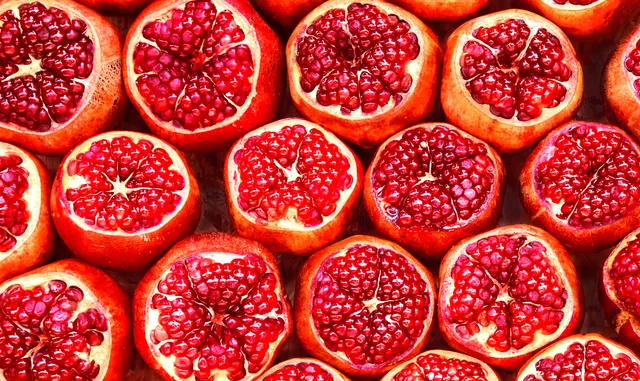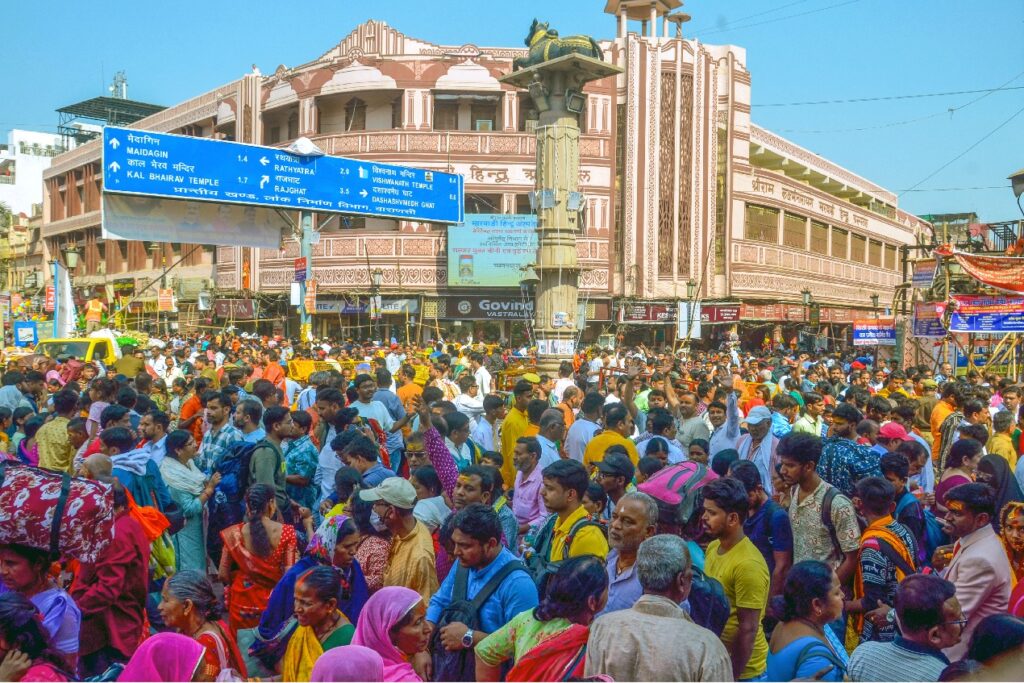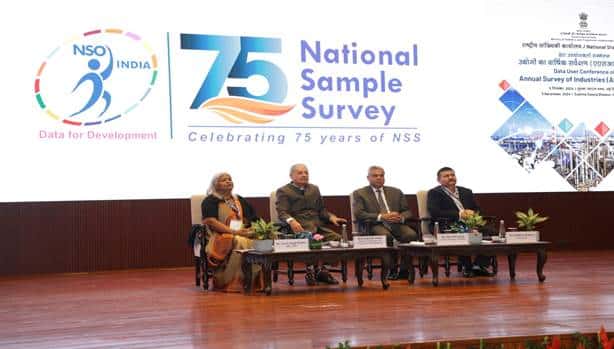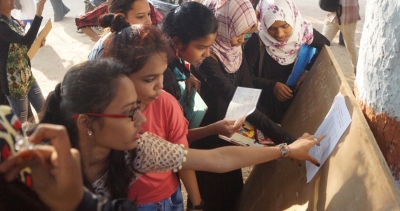Climate change threatens to snuff out age-old Japanese bird-fishing tradition
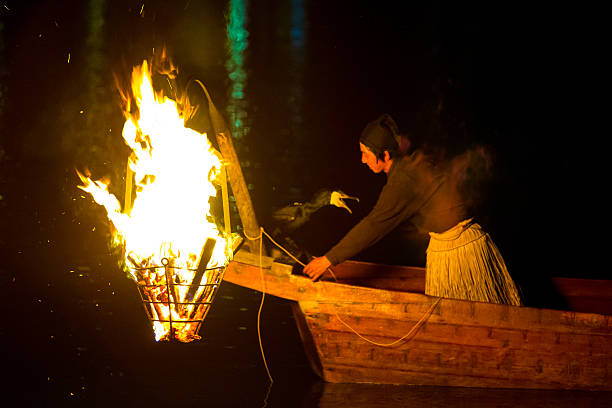
When the sun goes down and the ayu are sleeping, you raise up a flame and begin the ukai,” says Adachi. “It surprises the sweetfish so they start moving around trying to get away. That’s how the cormorants get them.”
In near-complete darkness, save for the light from a flaming basket suspended at the bow of his boat, Youichiro Adachi tugs at a handful of strings each attached to a cormorant on the other end.
The seabirds are trained to heed the master fisherman’s commands and help him catch ayu sweetfish in a centuries-old fishing practice known in Japanese as ukai.
“When the sun goes down and the ayu are sleeping, you raise up a flame and begin the ukai,” says Adachi. “It surprises the sweetfish so they start moving around trying to get away. That’s how the cormorants get them.”
In the ritual once common in Japan, with a version also practiced in China, the cormorants catch the fish as they dart away from the flames, the leash on the birds’ necks and bodies keeping the larger fish from going down their gullets. The birds are then coaxed to release the fish into a bucket.
Adachi is the 18th generation of his family to be a master cormorant fisherman, also known as usho, and one of 48 people in Japan carrying on the 1,300-year tradition of using trained birds to dive for fish. It is considered the ideal way to catch the sweet ayu river fish, and his family has a hereditary mandate to supply the delicacy to the Japanese imperial household.
But times, and the climate, are changing. As the planet has warmed, the weather has become less predictable. Heavier rains are making the once-calm Nagara more prone to flooding and Adachi says he’s seen the shift with his own eyes.
“There’s the water level of course, and the change in the rocks in the river. In the past there were only big boulders, but now they’re small. The sand and gravel has increased, and along with that the sweetfish have gotten smaller too. That is my feeling,” Adachi says, drawing upon nearly four decades of working on the Nagara River in Oze, a town in central Gifu Prefecture.
Environmental studies have confirmed his concerns. Temperatures in the Nagara River have risen to a high of 30 degrees Celsius (86 degrees Fahrenheit), delaying the spawning period of the ayu by a month,
“Due to the warming of recent years major flooding has become much more likely, so the managers in charge of the river have rapidly increased the pace of river improvement works,” says Gifu University professor Morihiro Harada, who with his team, has been studying the impact of river improvement works on the sweetfish’s life cycle.
“The sweetfish like to eat algae that is attached to large rocks but the rocks are being covered up with gravel and sand so the sweetfish can’t get to them,” Harada says.
As catches decline, the fishermen have sought other ways to supplement their income.
Down river from Oze, the usho of Gifu City have a larger, more tourism-oriented operation. Fleets of boats allow visitors to eat and drink as they watch the fishermen and birds. But here too, businesses are at the mercy of the changing climate as rough waters sometimes push the tourist boats off course, leading to cancellations.
To contend with growing number of lost business days, an economic development body known as ORGAN set up an elevated riverside viewing deck on a trial basis, attempting to recreate the boat experience in evenings hosted by apprentice geishas and other traditional performers.
“We wanted to offer a more refined, higher-quality experience,” says ORGAN leader Yusuke Kaba.
Whether the deck will help solve the problem remains to be seen: it’s running on a trial basis with the impact of the COVID-19 pandemic making it difficult to compare year-on-year visitor numbers.


